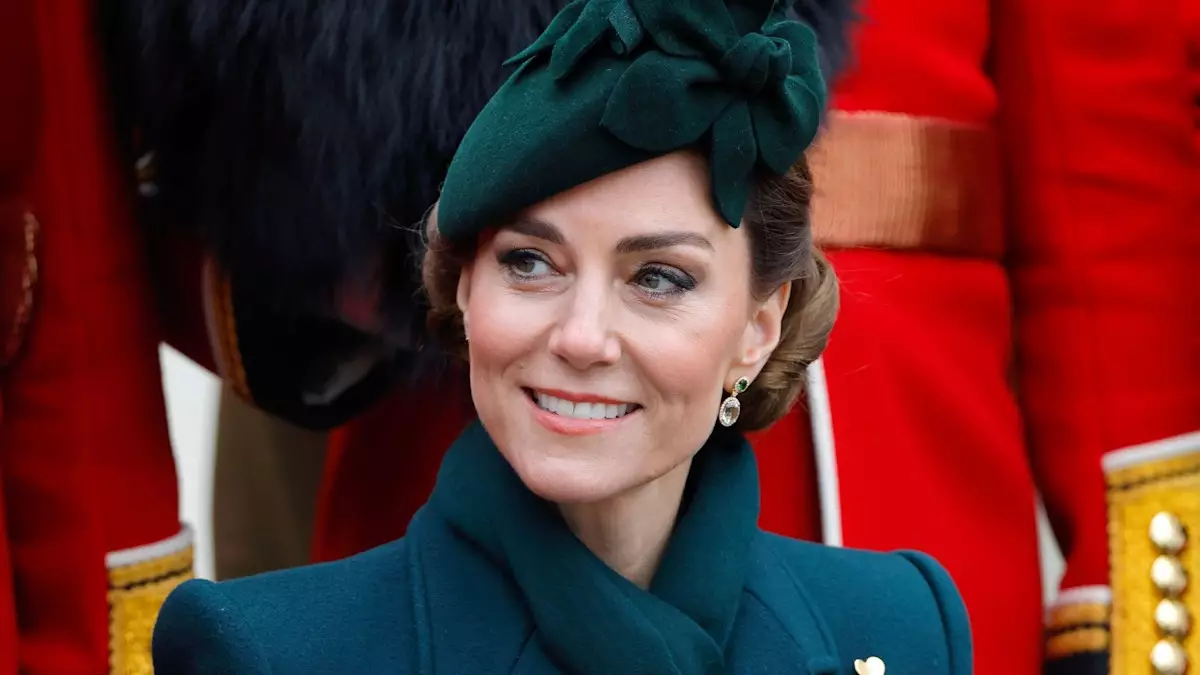The recent announcement that Princess Kate will not join Prince William at Pope Francis’ funeral at the Vatican offers a fascinating glimpse into the delicate interplay between royal obligations and family life. Kate’s absence at such a momentous occasion, despite being watched closely by royal followers, reveals much about the evolving nature of royal responsibilities. It underscores how modern royals balance their duties with their personal lives, reflecting changes in societal expectations of the monarchy.
Prince William attending the funeral alone aligns with a long-standing tradition, reminiscent of the past when his father, King Charles, represented the royal family alone at the funeral of Pope John Paul II in 2005. This practice reinforces the idea that while the monarchy carries weighty responsibilities, personal commitments and family dynamics cannot be overlooked. In the case of the upcoming funeral, it shows that even future kings must navigate the personal and ceremonial ballet that comes with their roles.
Family First: A Mother’s Perspective
At the heart of Kate’s decision lies an undeniable commitment to her role as a mother. With her son, Prince Louis, celebrating his seventh birthday and her daughter, Princess Charlotte, soon to turn ten, Kate’s priorities mirror those of countless mothers everywhere. This decision illustrates the importance of family events, particularly in a royal context where the family is often seen as the face of the monarchy. While royal protocols must be adhered to, it is evident that personal milestones take precedence, further humanizing the often-glamorous facade of royalty.
Kate’s hands-on approach to parenting amidst a significant state event also speaks volumes to the relatability of modern royals. In a world where familial ties often take a back seat to career ambitions, Kate’s choice serves as an affirmation of family values that many can appreciate. It acts as a subtle reminder that even those in powerful positions face the same struggles of balancing their public roles with cherished private commitments.
Significance of Presence: Prince William as a Global Statesman
William’s attendance at the Pope’s funeral marks a pivotal moment in his evolution as a leader and statesman. As the future king, every public appearance bears significance, particularly in matters that cross religious boundaries. His presence can be interpreted as a sign of respect toward the late Pontiff and the Catholic community. However, it also emphasizes William’s navigational skill through delicate cultural terrains, a vital trait for a modern monarch.
Previous royal authors have noted William’s hesitations about engaging in distinctly Catholic ceremonies—a reflection of both personal belief and royal protocol as Defender of the Faith. This moment, therefore, serves to affirm his commitment to representing not just the British monarchy but also projecting a message of unity across traditions. Although he never personally met Pope Francis, attending the funeral allows William to step into a meaningful role, bridging divides while also acknowledging the traditions set forth by previous generations.
The Broader Context: Royal Traditions and Modernity
In charting the narratives of royal engagements, one cannot help but notice the balance of tradition and contemporary approaches that define this moment. King Charles notably chose not to attend the funeral, a continuation of his mother Queen Elizabeth II’s own choices in similar situations. It alludes to a royal standard that dictates attending specific events holds meaning beyond mere presence—the implications tie back to historical precedents and familial respect.
The statement issued by Charles and Camilla highlights the emotional bond they shared with Pope Francis, reflecting on their intimate encounters during previous meetings. This expression of sadness fosters a sense of continuity from the past to the present, reminding us that even the monarchy prioritizes compassion over protocol. Their heartfelt reflections reiterate a duty that extends beyond the ceremonial, reminding the public that the royal family grapples with loss just like anyone else.
Through Kate’s absence and William’s solo representation, modern royalty navigates complex definitions of duty and love. The delicate balance between state and family not only elevates the narrative of the royal family but also provides depth and texture—transforming it from a traditional institution into something relatable and human.

Leave a Reply